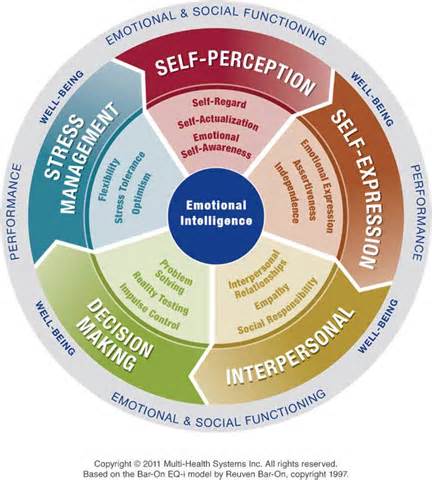Resilience is hot.
2014 has brought with it a spike in the number of requests for resilience training, keynotes and support materials. As we at OKA have flexed to respond and take this topic on, I have discovered resilience to be a topic that has spawned a good deal of research, and while there is an expanse of work and thought on the topic, most resilience seems to be rooted in three basic behaviors or life conditions:
- Relationships: An active personal network—including but not limited to your family
- Purpose: A meaningful goal, something toward which you strive and to which you are attached
- Self-Esteem: A sense of self-regard and confidence; you like yourself
What is and has been encouraging about all of this resilience work is that the EQ-i model of emotional intelligence provides such a great set of tools both to assess these three conditions and to increase them. Read more about Resilience and EQ below.

Relationships:
At its heart, emotional intelligence is about relationship management. The EQ-i element of Interpersonal Relationship gives us not only a metric, but a variety of exercises and that can deepen your connection to people and root relationships in greater trust and compassion.
Purpose:
The EQ-i gives us metrics and suggested actions toward a couple of elements that support personal purpose—Self-Actualization and Social Responsibility. Self-Actualization focuses on striving toward meaningful goals while Social Responsibility refers to our ability and tendency to serve a collective (a family, team, organization or community) and to act with a social consciousness.
Self-Esteem:
It is hard to overstate the importance of self-esteem to building and exercising resilience. The EQ-i gives us a number of ways to measure and activate self-esteem, but none as powerful as the core trio of elements Self-Regard, Self-Actualization and Optimism. These three elements—highly correlated with and dependent upon each other—are a foundation upon which all emotional intelligence (and resilience) develops. Self-Actualization gives us a drive forward; Self-Regard gives us confidence to take on the challenge, and Optimism gives us the belief in the future.
While I’m discovering a number of other approaches (and even assessments) dealing with resilience, I’ve found nothing that comes as close to the EQ-i at offering not just an assessment of resilience potential but the follow-on actions and next steps that build and exercise it. Click either EQ graphic on this page to learn more about emotional intelligence or the EQ-i training OKA offers.


Leave a Comment